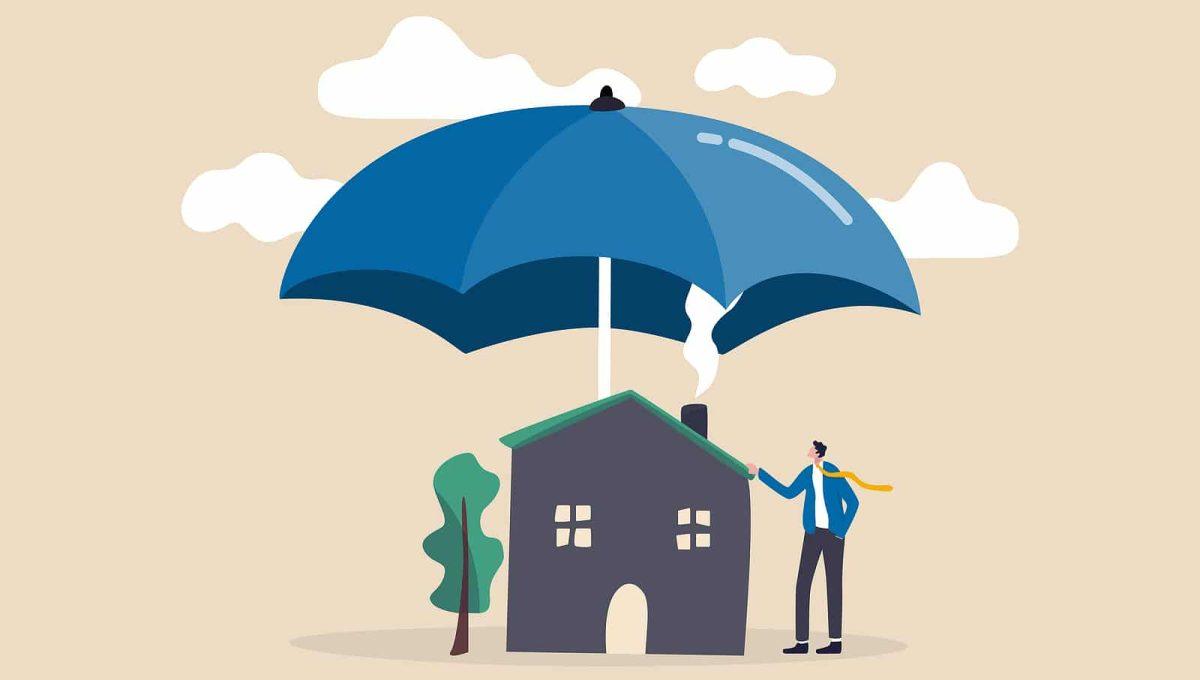
How to Legally Protect Yourself as a Host
Acting as a host with accommodation for rent has never been easier, with facilities such as Airbnb making it straightforward to get into the market.
Airbnb is the most prominent of these services, with The Motley Fool explaining how it has performed well after recently floating on the stock market, this despite current restrictions on travel. The core concept is very much about accessibility, ease of booking and opening the market to everyone, and anyone.
That means if you have a suitable area for conversion, a spare room or multiple properties, you too can get on board with the whole rental phenomenon, creating a business for yourself.
Of course, owning a business means mitigating risk, and with property, that risk is more significant than most. After all, we are talking about a physical building, subject to damage and wear and tear.
Insurance is your friend
Therefore, when first discussing how to protect yourself as a host, you must consider insurance. This has both legal and physical manifestations, as you can insure the building and services, as well as yourself in terms of public liability.
Services insurance is a great idea to protect yourself against damage and malfunction. The electrical insurance cover on HomeServe, shows how you’ll have assistance dealing with electrical problems around your property, such as failed wiring or broken power sockets.
Whilst this does not offer you legal protection, it does help reduce financial commitment in the event of a breakdown which could certainly help you to stay afloat. Public liability insurance is a good idea with any business which interacts with the public.
As explained by Resource Centre it protects you against damage to their belongings or to their person. Before setting up your hosting business, consider what insurances you may need to protect yourself financially and legally.
Private or business host
The next thing to ascertain is if you are a business at all. The law claims you are acting as a business host if your hosting activities on Airbnb relate to your trade, business, craft or profession.
If you have a spare room which you occasionally rent out to take advantage of a local festival or event, then you may not be classed as a business. If your main income is a result of your endeavour on Airbnb, then you’re likely a business host.
The key to protecting yourself legally is to ensure your listing contains the right information, especially if you are classed as a business. This includes the following:
- The name of your company or the name your otherwise trade as
- Your full name
- Your business address, in full
- Your contact details which should include an email address as well as a phone number
- An accurate description of your accommodation
- Clear pricing
If applicable, you should also include:
- Your Value Added Tax Identification Number
- Your trade registration number
- Details of any authorisation scheme that you are involved with
Your customers are not covered by the 14-day right of withdrawal, as it is not applicable to a contract which provides a specific date range. However, it might be worth covering yourself by also mentioning this is not applicable.
By getting the right information out there in the first instance, understanding your own status as a host, and then ensuring you have the relevant insurance, you too can enjoy the benefits Airbnb offers hosts, without the fear of legal reprisals.
If you found this useful, you might also like to pay a visit to our article "Prepare Your Holiday Rental for Business Tourism", outlining how you can adapt your current property for the restricted 2021 market.
This article as been written by Rosa Joyce
Leave a comment